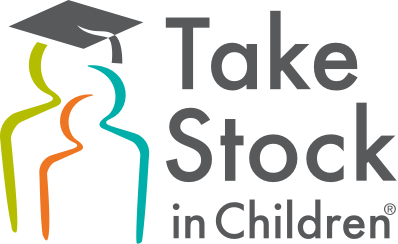
No matter where your career leads you, you will develop a set of transferrable abilities that you can utilize all along the way. Transferable talents are traits you either consciously or unconsciously pick up over your professional encounters. Your transferable talents are frequently built by success in challenges outside of your training. In general, your abilities are frequently used when you need to think quickly or solve an issue. For instance, addressing escalated issues, acting in your supervisor’s place, or collaborating with colleagues on a project.
When offering opportunities for new team members, employers frequently ask for a combination of talents. Emphasize your hard and soft abilities in your cover letter and resume. Consider how you can use your talents to meet new problems in the workplace as you pursue possibilities to advance your career. Read the job description completely before applying, look for the talents listed there, and then consider times when you have applied those skills in previous roles or in your present one. If a potential interviewer asks you to describe a circumstance, activity, action, or consequence, use your answer to respond.
Why are these abilities crucial? First, while you can learn them, your style and application are unique to you. Second, you get to keep everything. Transferable abilities can advance your career, whether you are starting a job hunt, changing careers, or updating your resume. Transferable talents, unlike certifications, are permanent. They can be used in a social, personal, or professional context. What transferrable talents are in demand by employers?
In-demand transferrable skills include:
- Communication Skills
- Problem-Solving
- Teamwork
- Collaboration
- Leadership
- Initiative
- Creativity
- Work Ethic
- Interpersonal Skills
Additional Tips to Help Identify Your Transferable Skills
- Have someone in your field of interest review your list of transferable abilities to assist you in discovering any other skills you might want to include.
- Print down the job descriptions from an important job posting website that interests you to assist you in determining the abilities required. (Also, utilize the terminology in these advertisements as a guide for your CV.)
- Participate in career fairs and company information sessions to discover the talents that particular businesses and industries value.
| Skills Employers Seek | Undergraduate | Graduate |
| Analytical thinking/problem solving | Used logic or reasoning to solve a problem Planned a budget for a student organization Identified themes or patterns in data Synthesized data for a course or project | Reviewed literature and synthesized findings for academic research Strategized how to approach an experiment more effectively Recognized the core issue within extensive data |
| Communication | Solicited funds for a student organization event Persuaded others to successfully complete a project Wrote or edited material Led presentations to students or customers | Taught complex concepts to beginners Presented academic research at conferences and in publications Wrote a successful grant proposal |
| Leadership | Managed a volunteer project Recognized change was necessary and initiated progress Delegated tasks Trained students or staff | Led productive class discussions Managed a student organization, research team, or conference Mobilized group decision-making Supervised students or staff |
| Creativity | Designed a website or marketing promotion Built a prototype for a class Developed an innovative approach to a problem | Used visuals to clearly convey a point Restructured an experimental process Taught a difficult concept in a more creative way |
| Teamwork | Partnered effectively with group members for a project Recognized a shared team goal and found ways to be inclusive Overcame a challenge in a student organization | Collaborated with challenging lab or team members Participated in creative planning and brainstorming sessions Delegated tasks and came together to integrate findings |
| Organization/project management | Generated a timeline for goals Contributed to multiple projects simultaneously Created a more efficient organizational solution | Balanced simultaneous major projects, class deadlines, and research needs Arranged or categorized information |
| Resilience | Failed at something and recovered quickly Used personal strength and fortitude to overcome a challenge Sought support and expertise | Handled rejection of a publication, thesis draft, or research idea Recognized a professional weakness and devised strategies to build strength in that area |
| Initiative/self-starter | Completed an assignment with little direction Proposed or implemented a new idea | Sought ways to enhance professional development Learned a skill or technique to add value to a project |
These are just a few of the transferable abilities that will support your career success and help you find the ideal position. Keep in mind that companies are searching for a blend of these talents rather than just one or two of them. You should emphasize the transferable abilities that are most pertinent to the job when applying but don’t hesitate to include examples of other skills, especially if they show your strengths.
The most important thing is to continue honing your skills. These transferrable talents are applicable in all industries and serve as the basis for whichever careers you decide to pursue in the future.

